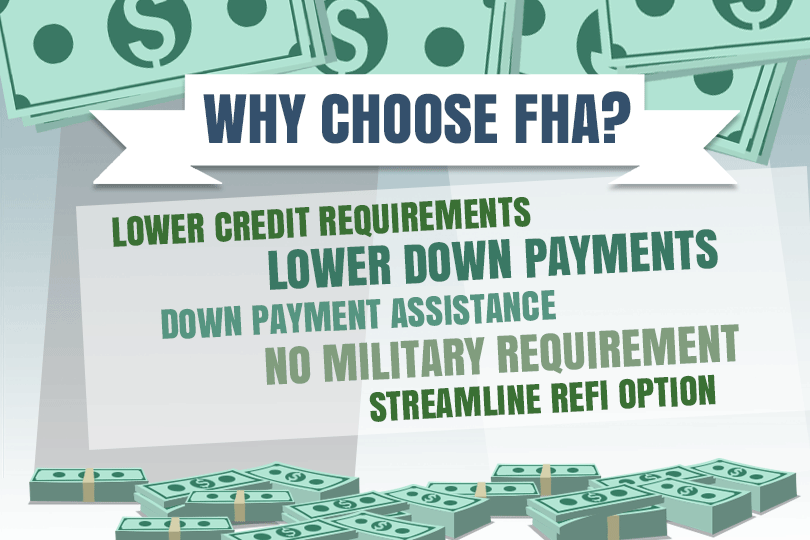Why Your FHA Loan Transaction Requires Escrow
November 12, 2024
Requirements to use escrow accounts typically stems from a need to protect all parties involved in the transaction, but particularly the following:
Protecting The FHA Lenders' Investment
Escrow accounts serve as a safeguard for lenders by guaranteeing the payment of property taxes and insurance premiums.
Delinquent taxes can result in tax liens. These liens are problematic because they assume priority over the mortgage, potentially jeopardizing the lender's financial stake in the property.
Failing to pay on time for insurance coverage exposes the property to potential damage or loss, again placing the lender's investment at risk. Using escrow protects against these problems.
Protecting Borrowers from Financial Strain
Escrow accounts help the borrower budget by converting annual or semi-annual expenses into smaller, more manageable monthly payments. Avoiding a lump sum payment is a key benefit when using escrow.
Navigating Escrow Account Setup: Fees and Costs
Lenders typically require an initial deposit when establishing the escrow account. This deposit covers the upfront costs of property taxes, homeowners insurance, or other related expenses. The specific amount varies based on the property's location, assessed value, and the time of year.
While escrow accounts generally do not incur separate fees, some lenders may impose a nominal administrative fee for managing the account. This fee, if applicable, will be disclosed in your loan documentation.
What To Ask Your Lender About Escrow
When applying for an FHA mortgage, ask your lender how much property taxes might be (estimated) for the address you want to purchase, and ask about the typical budget buyers should include for escrow.
Remember that until you buy the home and finalize your ownership, some costs, including the actual amount of your property taxes that year, may be subject to change due to regulation, state law, lender policy, or FHA loan program requirements.
Ask for estimates, but be ready to adjust those numbers if needed.

FHA Loan Articles
April 30, 2025 In a previous post, we discussed why FHA borrowers should carefully consider whether paying for discount points truly serves their best interests, focusing on factors like short-term homeownership, opportunity cost, FHA mortgage insurance, and the prevailing interest rate environment. Discount points are an option for borrowers willing to pay a fee to lower the interest rate by a set amount. This is not right for all borrowers, and you don't want to pay for points you won't benefit from during the loan term.
April 29, 2025Are you considering buying a home with an FHA loan? You'll likely talk to your participating lender about FHA loan "discount points" – fees you pay upfront for a lower interest rate on your mortgage. The idea behind discount points is a straightforward exchange: you spend money today to reduce your interest rate. Typically, one point equals one percent of your total FHA loan. In return, your interest rate might decrease by an amount you and the lender agree upon.
April 28, 2025Home loans have various expenses that aren't apparent to a new borrower until much later in the process. What do you need to consider when making your home loan budget? It might not be complete without addressing some of the issues we cover here.
April 23, 2025 While the prospect of lower interest rates or more favorable loan terms can be enticing, there are situations where waiting is the better option. Refinancing without carefully considering your current financial circumstances is never a good idea, but careful planning in the current financial environment is even more important.
April 22, 2025First-time home buyers worry about loan approval, but there are important steps to take to increase the likelihood that the lender will approve their application for the loan or pre-approval. What do you need to know before you choose a lender?







